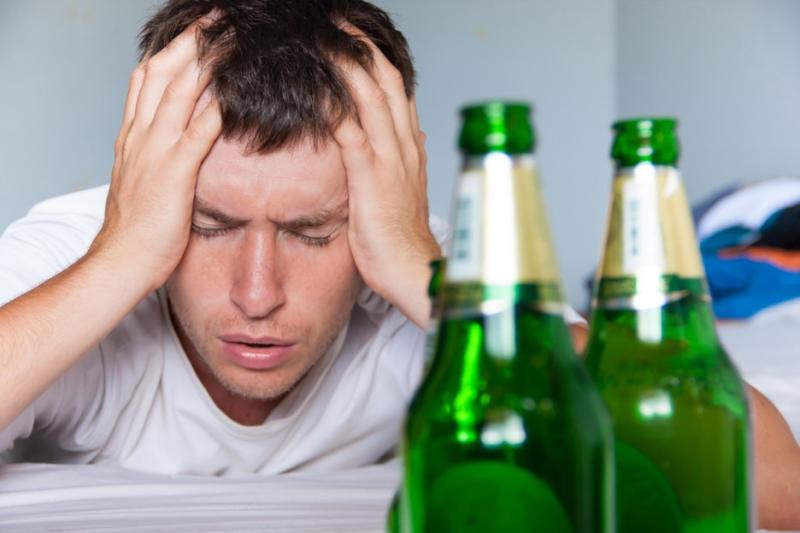4 Common Alcohol Relapse Triggers and How to Handle Them

Drinking alcohol in moderation can benefit your health. For one thing, it can reduce your risk of heart disease and diabetes.
Too much of it, however, can cause problems. Not only can it damage your liver, but it can also lead to high blood pressure, pancreatitis, even cancer.
Alcohol addiction is another issue. In fact, it’s more common than you think. According to the NIH, it affects more than 14 million adults in the United States.
Curious to know what some of the biggest relapse triggers are? If so, you’re on the right page. Keep reading to learn more!
What is Alcohol Addiction?
Alcohol dependence and addiction occur when an individual is addicted to alcohol. As it is, it can manifest itself in various ways. For example, some people may binge drink while others may drink heavily all day.
Over time, this can cause changes to the brain. Put it simply, it'll make an individual more likely to have cravings. Not only that, but it'll also increase their relapse risk.
4 of the Most Common Relapse Triggers
Relapse triggers are internal or external stimuli that make a recovering alcoholic want to drink again. Here are a few that you should know about.
1. Stress
Stress is one of the biggest causes of relapse. That is, many people will turn toward alcohol to try to cope with life’s stressful situations.
Instead of relying on alcohol, try to learn more positive ways to manage your stress. For example, you can indulge in physical activity. Certain relaxation techniques such as yoga or meditation may also help.
2. Negative Emotions
Negative emotions can easily lead a person back to alcohol. For example, both anger and resentment are relapse triggers.
If anything, the former is the most dangerous emotion of all when it comes to recovery. Why? People who are angry are typically not able to think straight.
As a result, they might end up doing things that they’ll regret later—such as reaching for alcohol.
3. Overconfidence
Having self-confidence is a good thing. Being overconfident, however, can put you at risk for relapse.
For example, you may think that you can have “just one drink” but that’s often a recipe for disaster. Remember, alcohol addiction is a chronic disease—it won’t magically go away after just a couple of weeks. Chances are, it'll take much longer than that.
4. Social Isolation
Social isolation and loneliness can cause an individual to drink—even if they’re on the road to recovery. After all, it’s easier to rationalize alcohol use when you’re by yourself.
Fortunately, there are ways to prevent this. For instance, you can reach out to others through AA or another recovery group.
Understanding Alcohol Addiction
And there you have it—four of the most common relapse triggers. If anything, the most important thing is to be able to identify them. That way, you can come up with a relapse prevention plan.
For more health and wellness-related posts, check out the rest of our site!
Previous Posts:
Next Posts:
- Small Changes Go a Long Way: Modify These 5 Things in Your Life and Your Feminine Confidence Will Grow Accordingly
- COVID-19 Precautions: 7 Ways You Can Keep in Touch With Your Elderly Parents Without Visiting in Person
- The Right Mindset: Getting Fit is About Allowing Yourself to Celebrate Small Wins